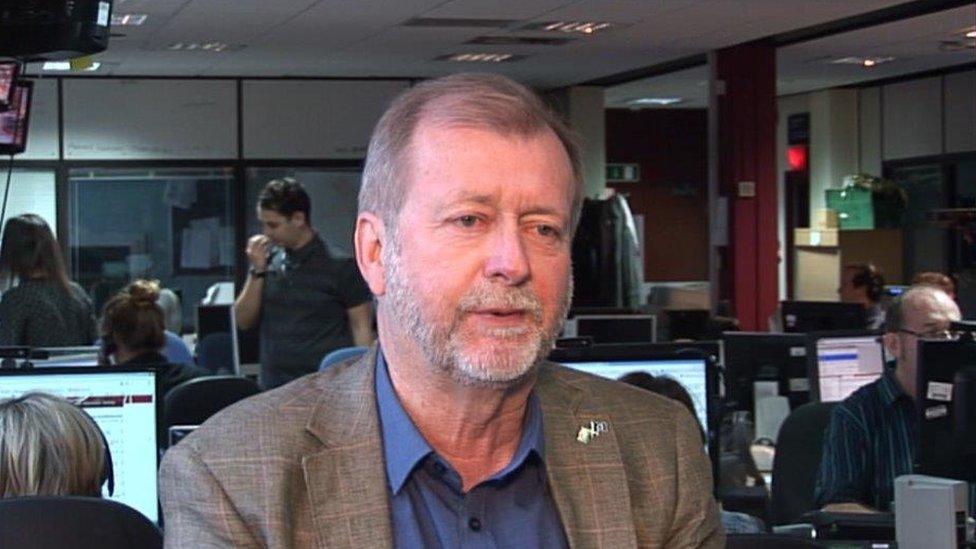Police and crime commissioner elections: North Wales
- Published
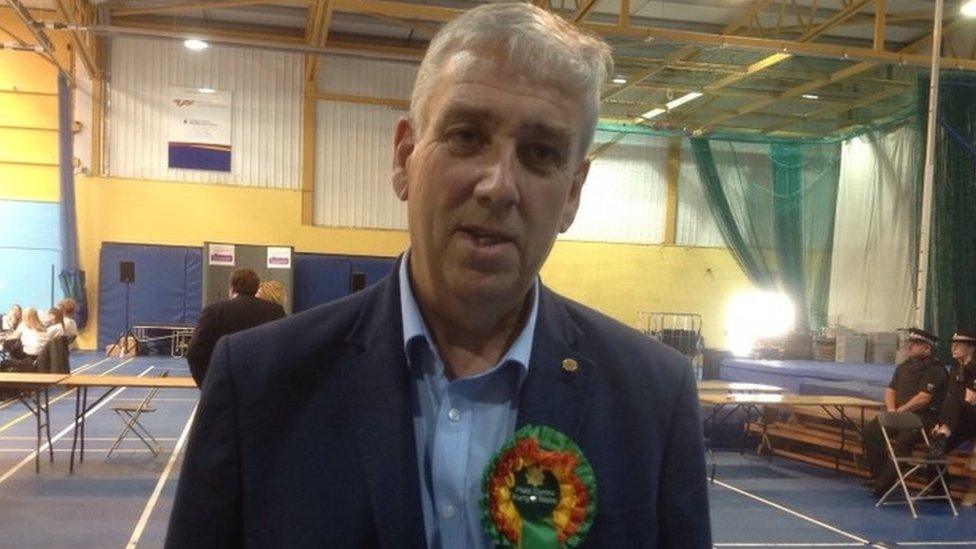
Arfon Jones was the second of two Plaid Cymru PCCs to be elected
Plaid Cymru's Arfon Jones has been elected as the new police and crime commissioner for North Wales.
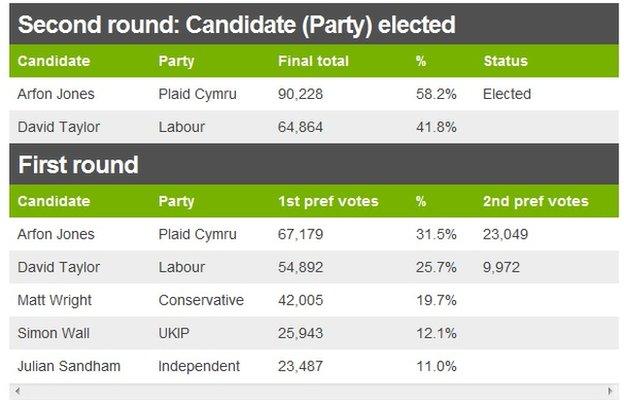
Turnout: 213,506 valid votes (41.6%)
Second preference votes are only used if no candidate receives more than 50% of the vote. The top two candidates then receive the second preference votes from their eliminated opponents.
See also:

Force profile
North Wales Police covers the whole of what most would regard as north Wales, including the counties of Anglesey, Gwynedd, Conwy, Denbighshire, Flintshire and Wrexham. It covers a population of 675,000.
The area is largely rural and includes the Snowdonia National Park, the home of Wales' highest mountain, Snowdon.
The major A55 road links the area to cities like Manchester, Liverpool and Birmingham and the port of Holyhead on Anglesey for ferries to Ireland.
The current chief constable is Mark Polin, who has served the area since 2009.
There are 1,454 officers, 888 staff and 232 community support officers.

How much does policing North Wales cost?
The total force budget for 2016/17 is £141m. Currently the force is projecting to save £4.54m between 2017/18 and 2019/20.
The police precept for Band D properties is £240.12.
It is the highest in Wales, compared to £220.06 in Gwent, £207.85 in South Wales and £200.07 in Dyfed-Powys Police force areas.

Crime and performance
There were 36,800 recorded crimes in north Wales during the year up to September 2015.
That was a slight increase of 1% the previous year, the lowest increase in recorded crime in Wales for that period.
Incidents of violence against the person rose by 17%, although all but one police forces saw increases in that category.
Sexual offences increased by 11% and criminal damage and arson rose by 3% while robbery fell by 12% and burglary dropped by 10%.
A recent report by Her Majesty's Inspectorate of Constabulary (HMIC) found the force performing well in preventing crime and anti-social behaviour, and tackling serious and organised crime. However other aspects of the force's effectiveness needed to improve, it said.
Its approach to investigating crime has some shortcomings, HMIC said, with the policy for allocating crime to investigators not clearly understood by the workforce.
Examples of frontline officers undertaking investigations that were beyond their level of training and experience, including high-risk domestic abuse cases, were found.
- Published8 May 2016

- Published8 May 2016
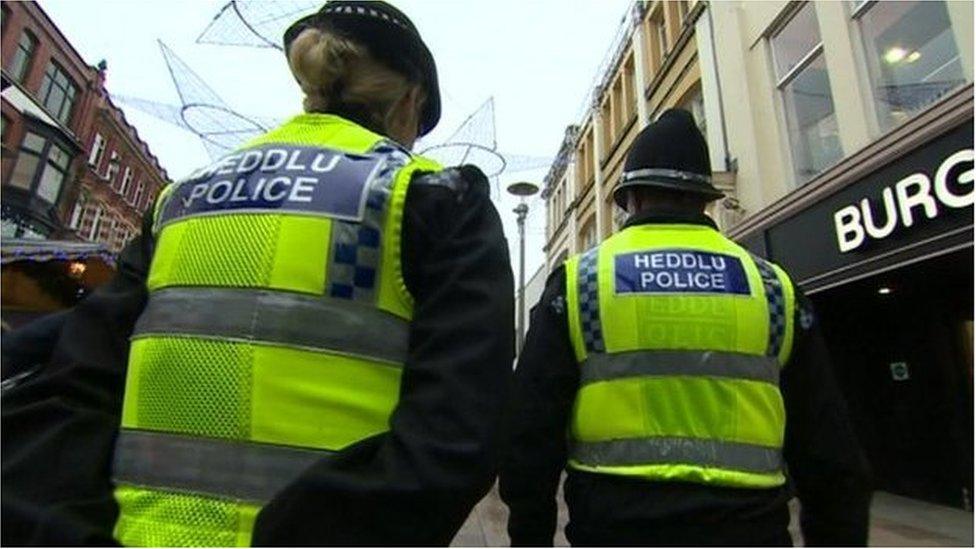
- Published8 May 2016
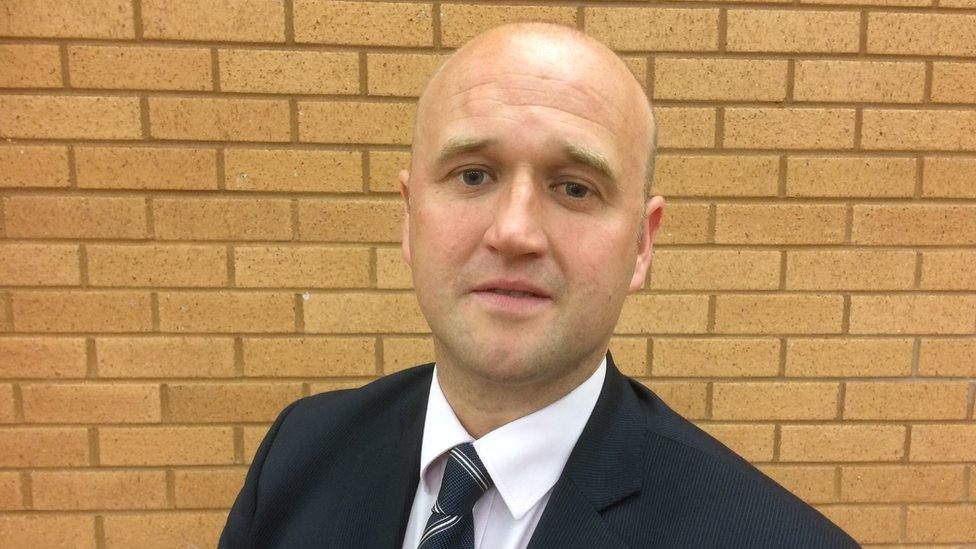
- Published8 May 2016
